English > GCSE MARK SCHEME > Pearson Edexcel International GCSE in English Language (4EA1) Paper 02R: Poetry and Prose Texts and (All)
Pearson Edexcel International GCSE in English Language (4EA1) Paper 02R: Poetry and Prose Texts and Imaginative Writing Mark Scheme (Results) January 2022
Document Content and Description Below
SECTION A: Reading Question Number Indicative content 1 Reward responses that explain how the writer presents war. Responses may include the following points about the impact of war on Sarajevo ... and its people: • the people of Sarajevo have to wait for simple essentials like gas: ‘After the hours that Sarajevans pass’ • there is a suggestion that there is little left in the way of transport following war, as people have to carry large items in any (unusual) way they are able to: ‘they wheel home in prams’ • food is described as limited, showing the impact that war has had on their lives: ‘queuing for the precious meagre grams/of bread they’re rationed to each day’ • as an impact of war the people are described as ‘struggling’, and they have to carry essentials like water ‘up sometimes eleven flights/of stairs’ • the poet seems surprised that people may feel positive or motivated to go out, given such difficult circumstances: ‘then you’d think that the nights/of Sarajevo would be totally devoid/of people walking streets’, ‘but tonight in Sarajevo that’s just not the case’ • the suggestion that the streets are unwelcoming, especially at night, shows how people potentially do not want to go out ‘walking streets Serb shells destroyed’ as they have such a daily struggle and there is no electricity • the poet emphasises the distinctions between people, which become even more significant in times of war: ‘impossible to mark/as Muslim, Serb or Croat’, ‘who/calls bread hjleb or hleb or calls it kruh’ • description is used to show how people live daily with the detritus of war: ‘they stand/on two shell scars’ • the poet progresses from describing the everyday actions of the people to later describing how war affected these when ‘blood-dunked crusts of shredded bread/lay on the pavement with the broken dead’, the innocent, everyday mention of ‘bread’ emphasising the horror of this massacre • the Sarajevans live with the damage done by war: ‘in holes made by the mortar’, ‘death-deep, death-dark wells’, ‘AID flour sacks refilled with sand’ • there is the continued threat of violence suggested in ‘ideally bright and clear for bomber’s eye’ • the poet’s mention of the ‘curfew’ shows that the Sarajevan people have little freedom. Responses may include the following points about the the ways young people behave: • the poet describes how the ‘young’ people of Sarajevo are relaxed and free at night as they ‘go walking at a stroller’s pace’ with ‘stroller’s stride’ • there is a sense that there is equality between the young people at night as the darkness makes it ‘impossible to mark/as Muslim, Serb or Croat in such dark’ https://britishstudentroom-b430a.web.app/6 • the poet also explores how the dark streets at night make all language barriers obsolete: ‘In unlit streets you can’t distinguish who/calls bread hjleb or hleb or calls it kruh’ • there is a sense that the young people of the city are peaceful and uninterested in violence or war: ‘no torches guide them but they don’t collide’ • the young people of Sarajevo are shown to be typical of any young people who engage in ‘flirtatious ploys’ • the setting, which is presented as dark and dangerous to others, is presented as quite sensuous and innocent to the young people: they meet ‘In unlit streets’ in ‘the evening air’ • the poet suggests that the couple are symbolic of any hopeful young couple anywhere in the world by referring to them as ‘a girl’s dark shape…fancied by a boy’s’ and ‘The dark boy shape leads dark girl shape away’ • there is a sense of experienced innocence in the description of the ‘tone of voice and match-flare test’: innocence in the ‘tender’ voices and experience in the ‘match or lighter to a cigarette’; this could suggest what they have experienced as a result of war • the poet’s description of the couple shows that relationships can flourish in a negative environment: he describes how they have ‘certainly progressed’ and how ‘he’s about, I think, to take her hand’ • the description of how the boy is about to ‘lead her away from where they stand’ suggests tenderness as he moves her away from the scene of the massacre • the poet ironically suggests a romantic setting for the relationship: ‘the Sarajevo star-filled evening sky’, ‘a candlelit café’ • there is a sense of romance and intimacy in the sharing of ‘one coffee’, although this is ironic as it links back to the people of Sarajevo having very little • the setting is shown to be damaged and weather-beaten, with the ‘holes made by the mortar’ and the ‘rain that’s poured down half the day’, but the relationship is almost presented as a symbol of hope as when the boy and girl meet ‘now even the smallest clouds have cleared away’ • the innocence of the relationship is juxtaposed with the horror of the massacre: ‘he holds her hand’. Responses may include the following points about the use of language and structure: • the preposition ‘After’ at the start of the poem suggests the people of Sarajevo having to do something as a consequence of something else (i.e. war) • closed rhyming couplets are used to demonstrate a sense of immediacy for the people and hurried urgency in the poem (AABB rhyme scheme), suggesting ongoing threat of danger • in the first stanza the verbs in progressive tense suggest a sense of continued and ongoing difficulty for the Sarajevan people: ‘queuing’, ‘dodging’, ‘struggling’ • there are also verbs in past tense throughout the poem which show the negative impact of the events on the people: ‘rationed’, ‘destroyed’, ‘massacred’, ‘splintered’ • the poet describes the lifestyle of the people as limited or difficult, suggesting an imposed lifestyle that the people have not chosen: https://britishstudentroom-b430a.web.app/7 ‘queuing’, ‘empty’, ‘meagre’, ‘rationed’, ‘devoid’, ‘curfew’, ‘AID flour sacks’ • enjambement is used in the first stanza to create a continuum in the poem, suggesting the daily struggle is regular and continuing for the people of Sarajevo • peaceful, gentle language is used later in the poem to demonstrate a contrast with the everyday events for the people of Sarajevo and young people: ‘The young go walking at a stroller’s pace’, ‘All take the evening air with stroller’s stride’ • adverbs suggest certainty of the experience of the people: ‘totally’, ‘certainly’, ‘ideally’; although the use of ‘ideally’ is ironic as it links to the danger implied in the ‘bomber’s eye’ • the repetition of ‘Serb’ emphasises to the reader that the experiences of the people in Sarajevo are impacted by the actions of the Bosnian Serbs • the line break after ‘that’s just not the case –’ creates a sense of unexpected actions by the people, almost like a ‘cliffhanger’ • imagery of darkness suggests that war creates dark times: ‘black shapes impossible to mark’, ‘such dark’, ‘unlit streets’, ‘no torches guide them’, ‘dark shape’, ‘dark boy shape leads dark girl shape away’ • these images are also used by the poet to suggest a sense of equality for people and unity of religion, race and language as the people become indistinguishable because of the dark: ‘impossi [Show More]
Last updated: 3 years ago
Preview 1 out of 15 pages
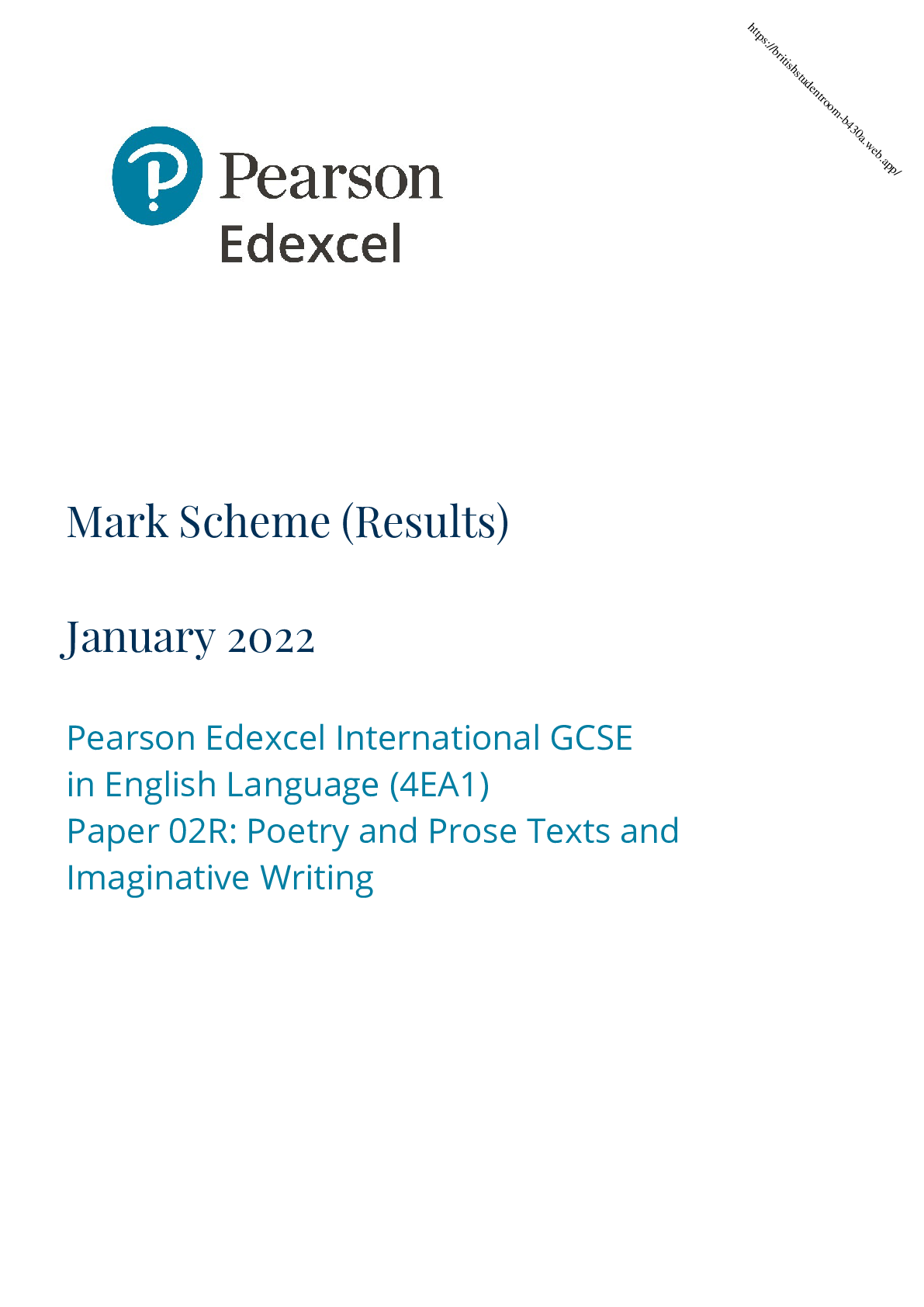
Buy this document to get the full access instantly
Instant Download Access after purchase
Buy NowInstant download
We Accept:

Also available in bundle (1)
Click Below to Access Bundle(s)
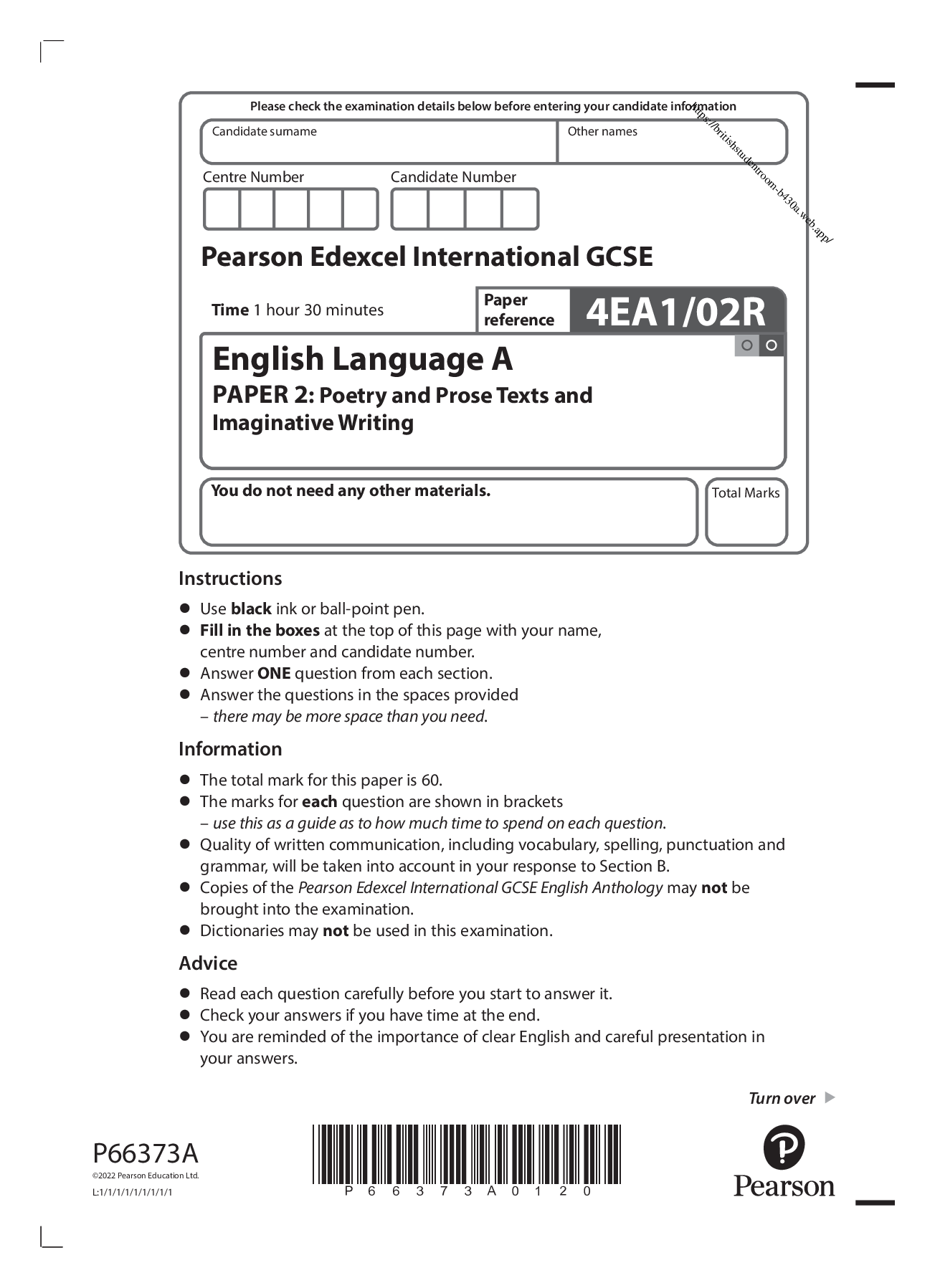
All GCSE english pearson revision materials. latest, 2021-2022. 15 versions. question papers and their marking schemes.
the bundle is composed of; Pearson Edexcel International GCSE English Language A PAPER 2: Poetry and Prose Texts and Imaginative Writing. latest revision 2022 Pearson Edexcel International GCSE, Eng...
By SupremeDocs 3 years ago
$40
17
Reviews( 0 )
$8.00
Can't find what you want? Try our AI powered Search
Document information
Connected school, study & course
About the document
Uploaded On
Jun 26, 2022
Number of pages
15
Written in
All
Additional information
This document has been written for:
Uploaded
Jun 26, 2022
Downloads
0
Views
429

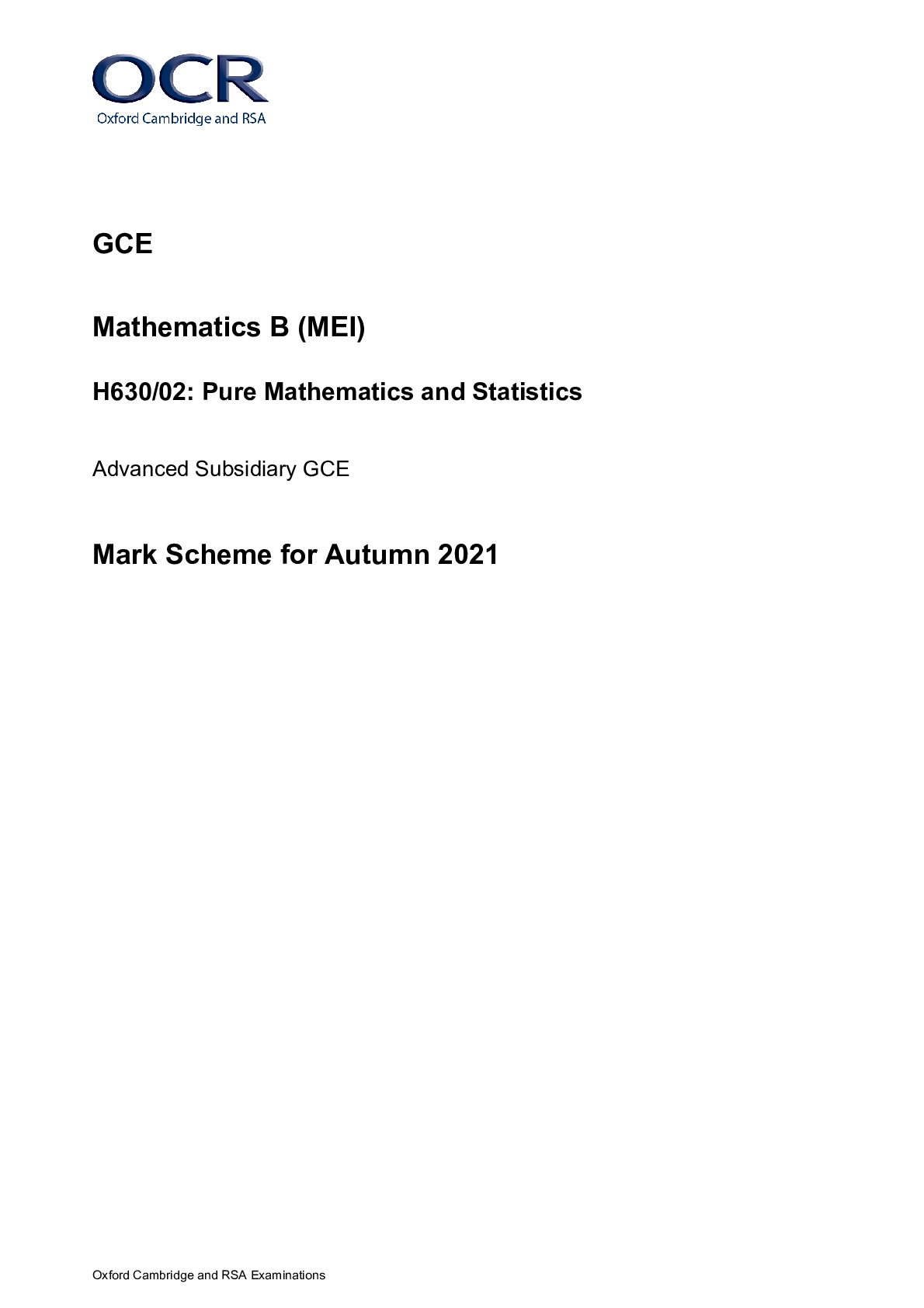
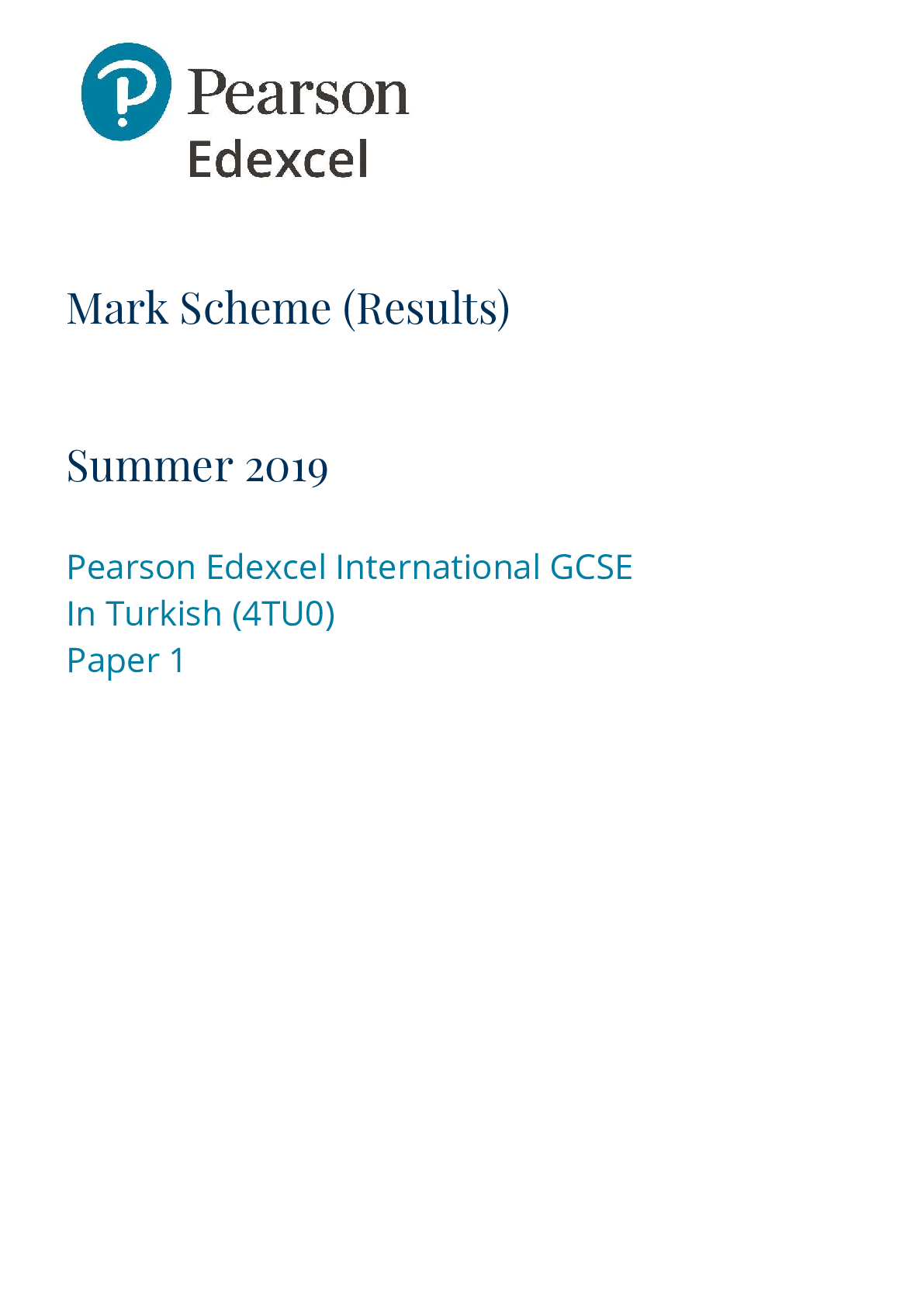


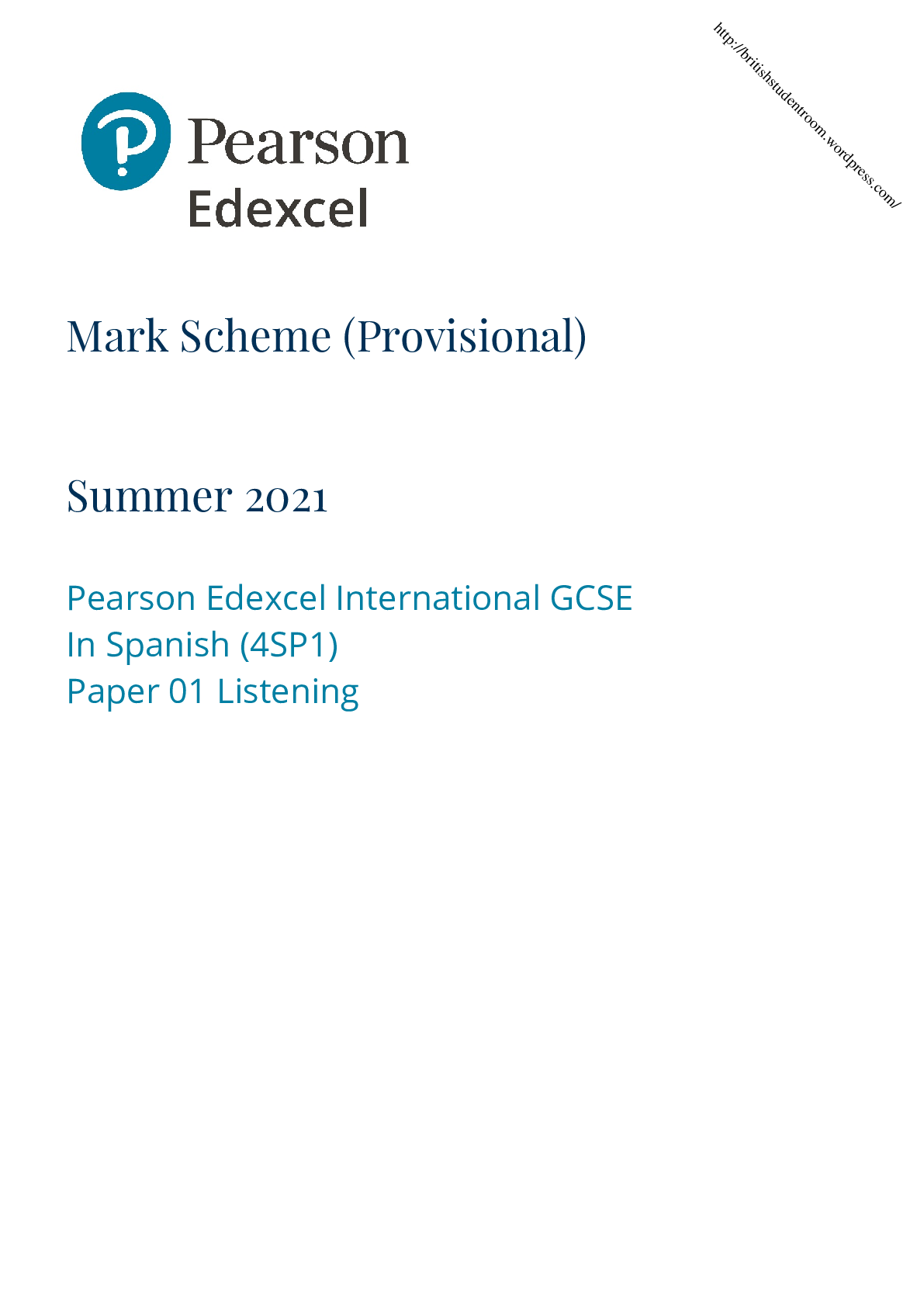
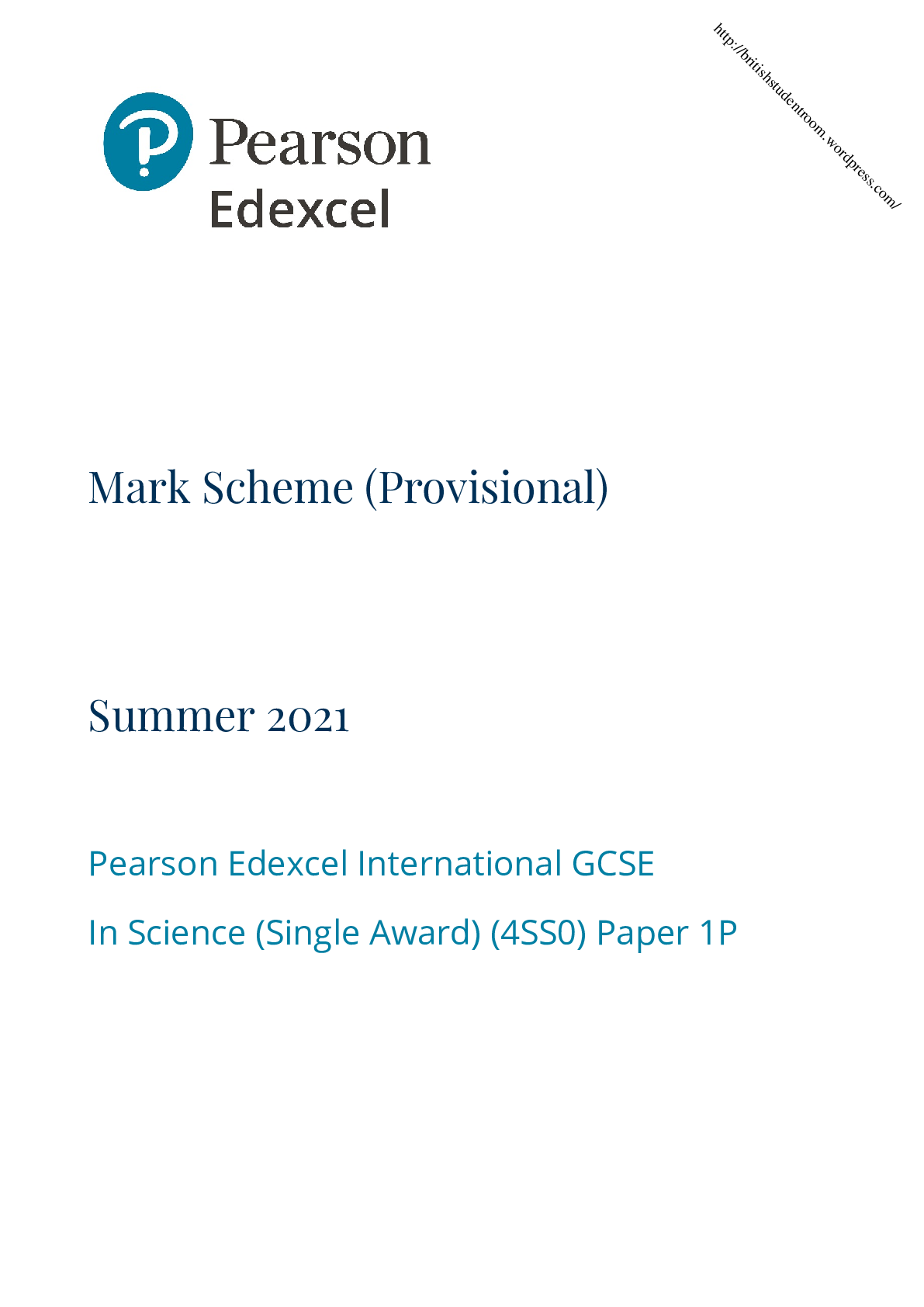


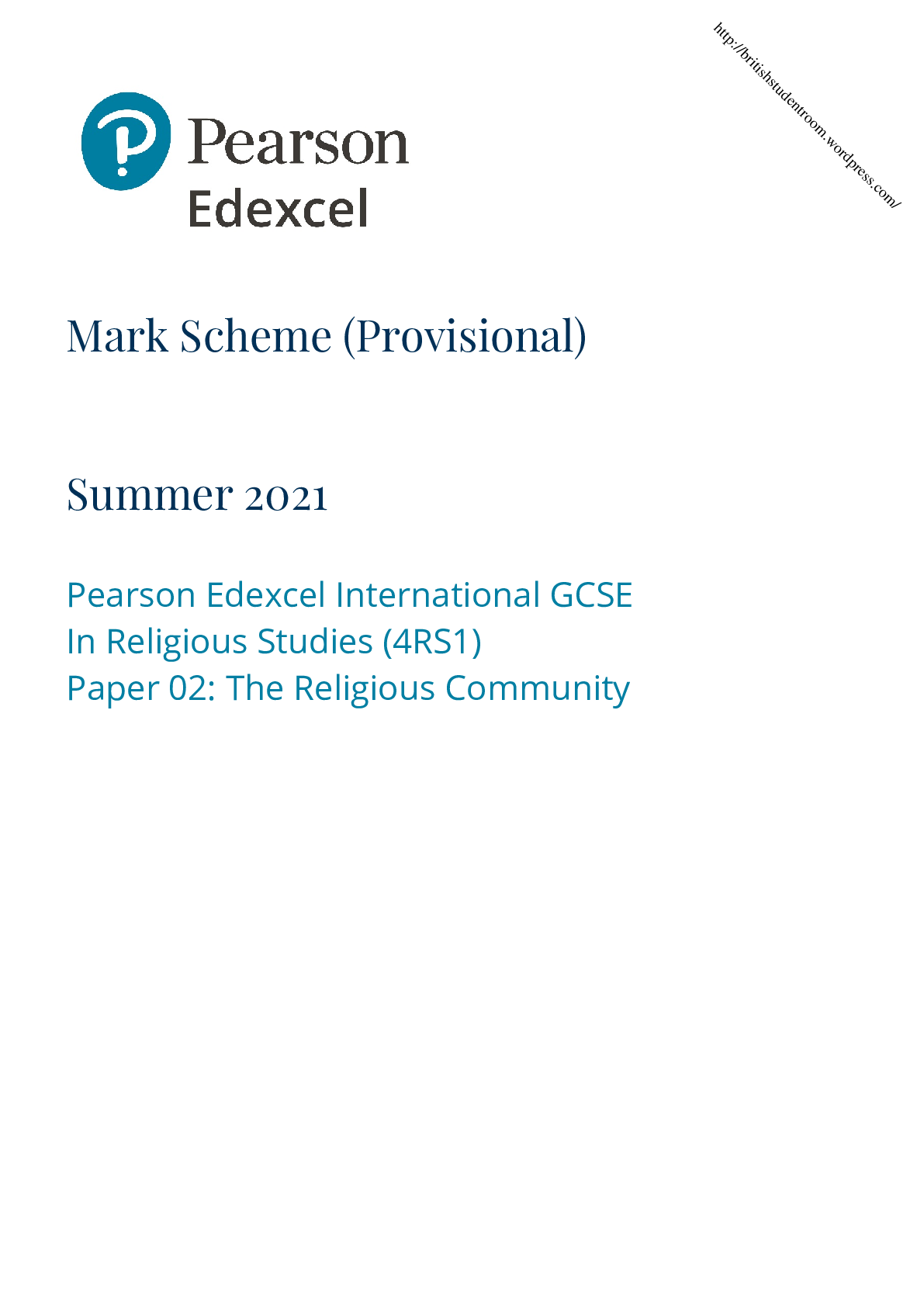
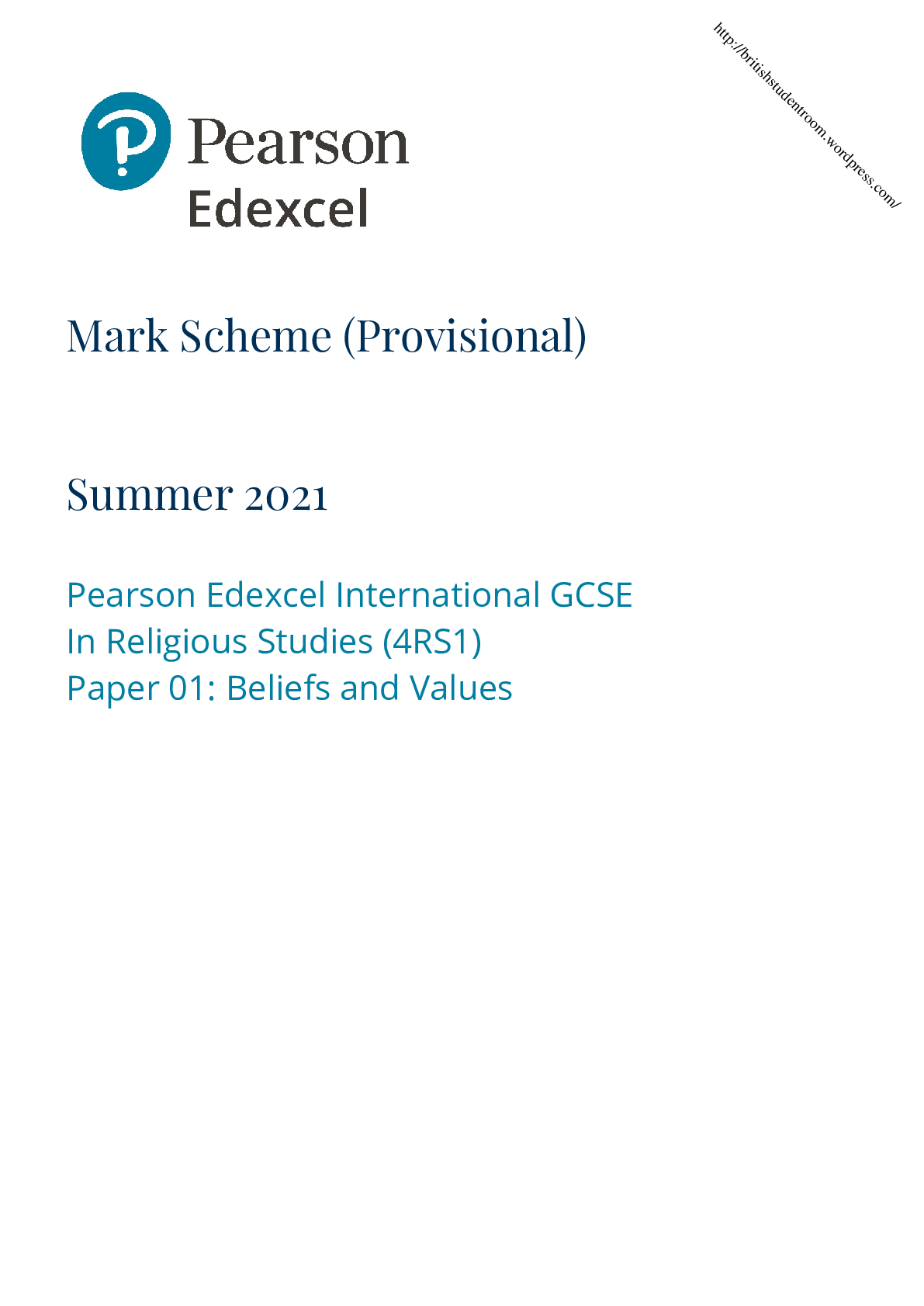
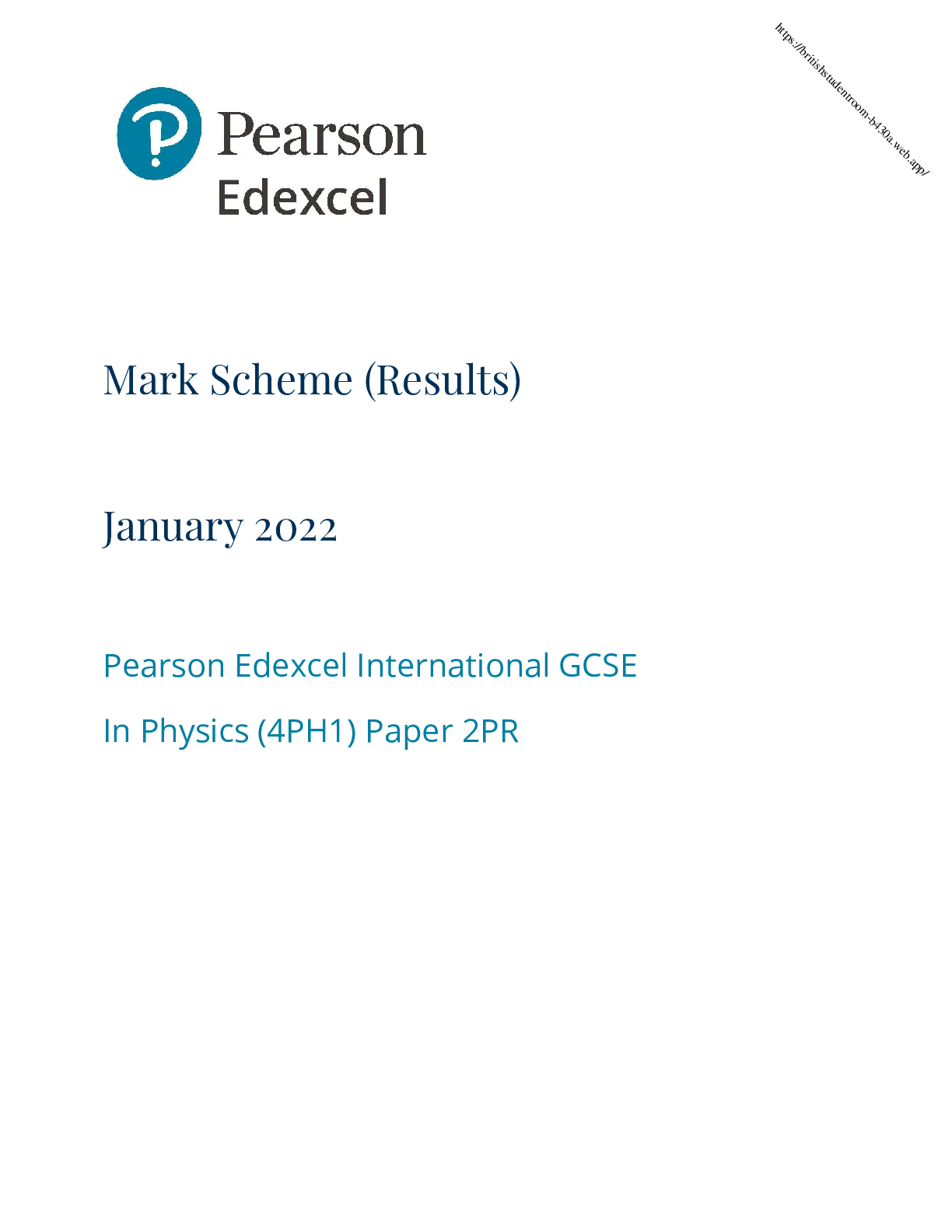


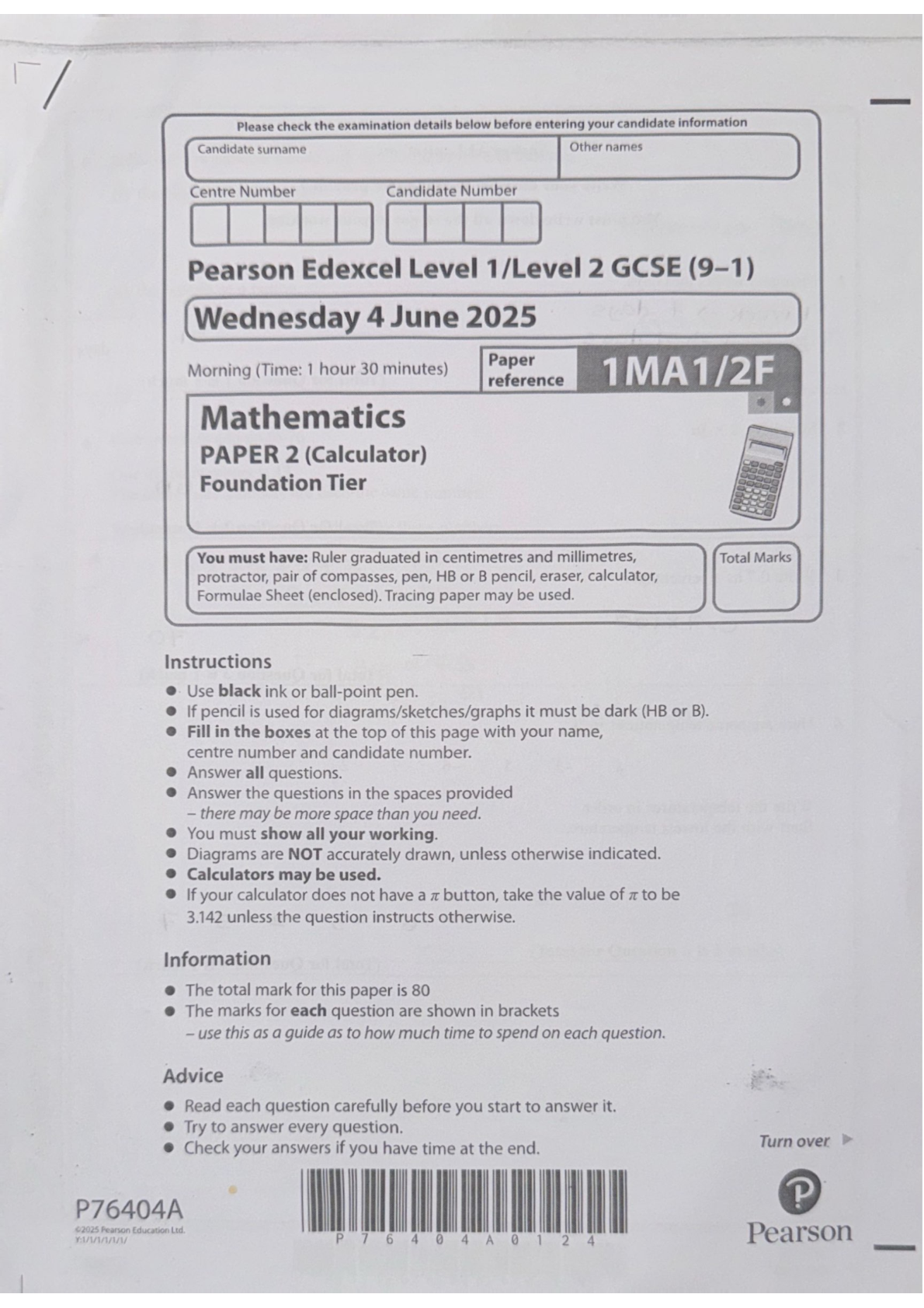
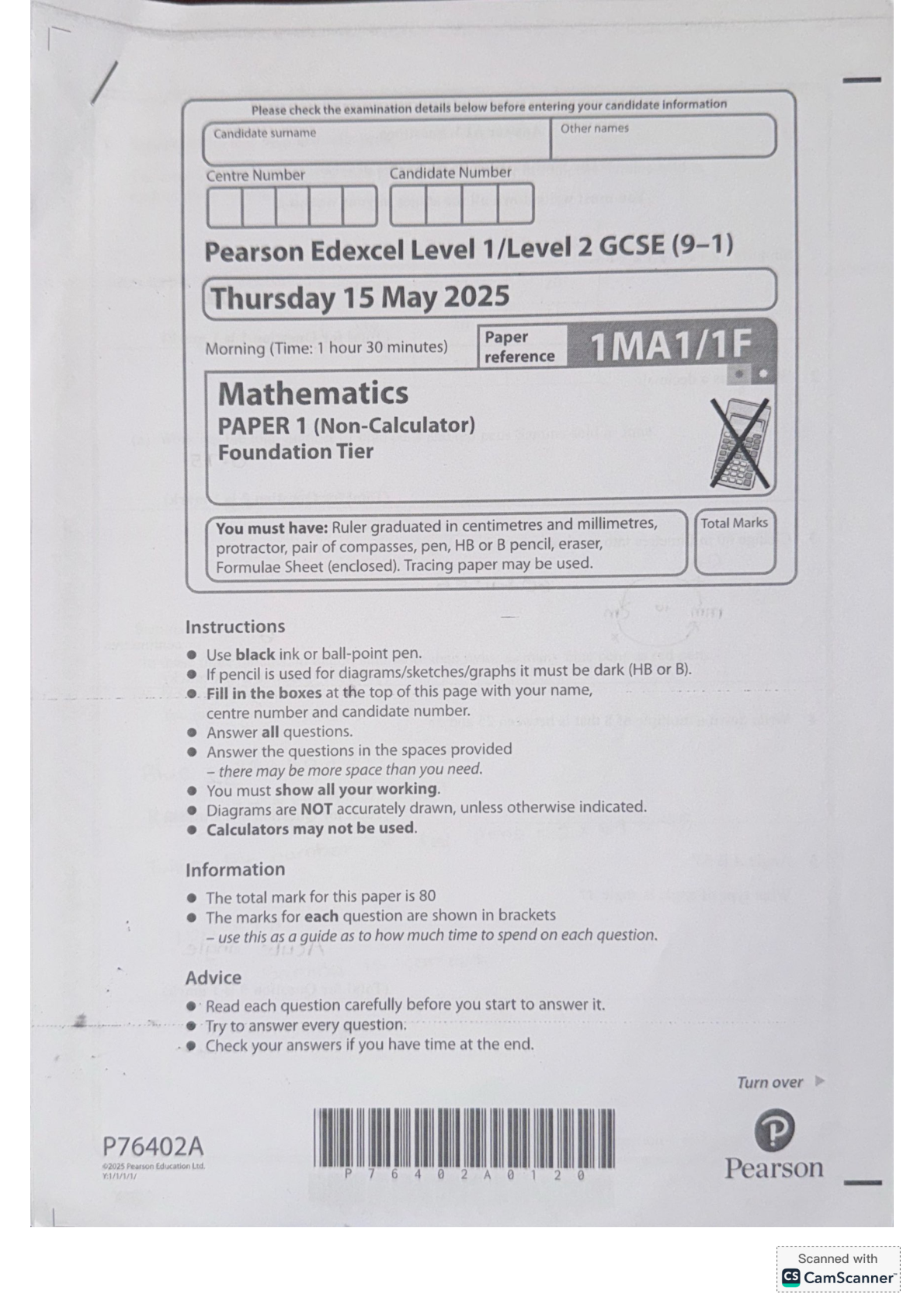
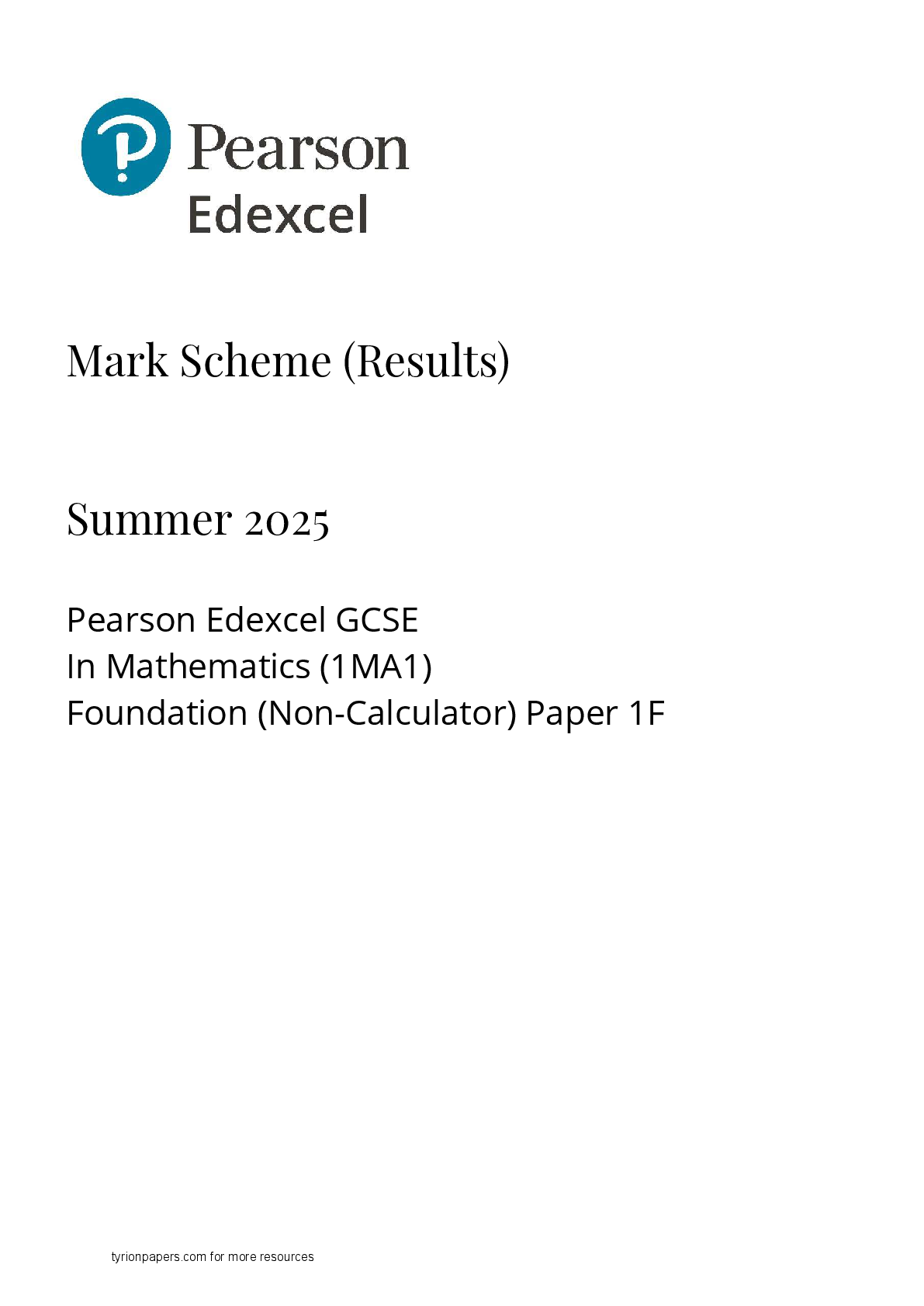
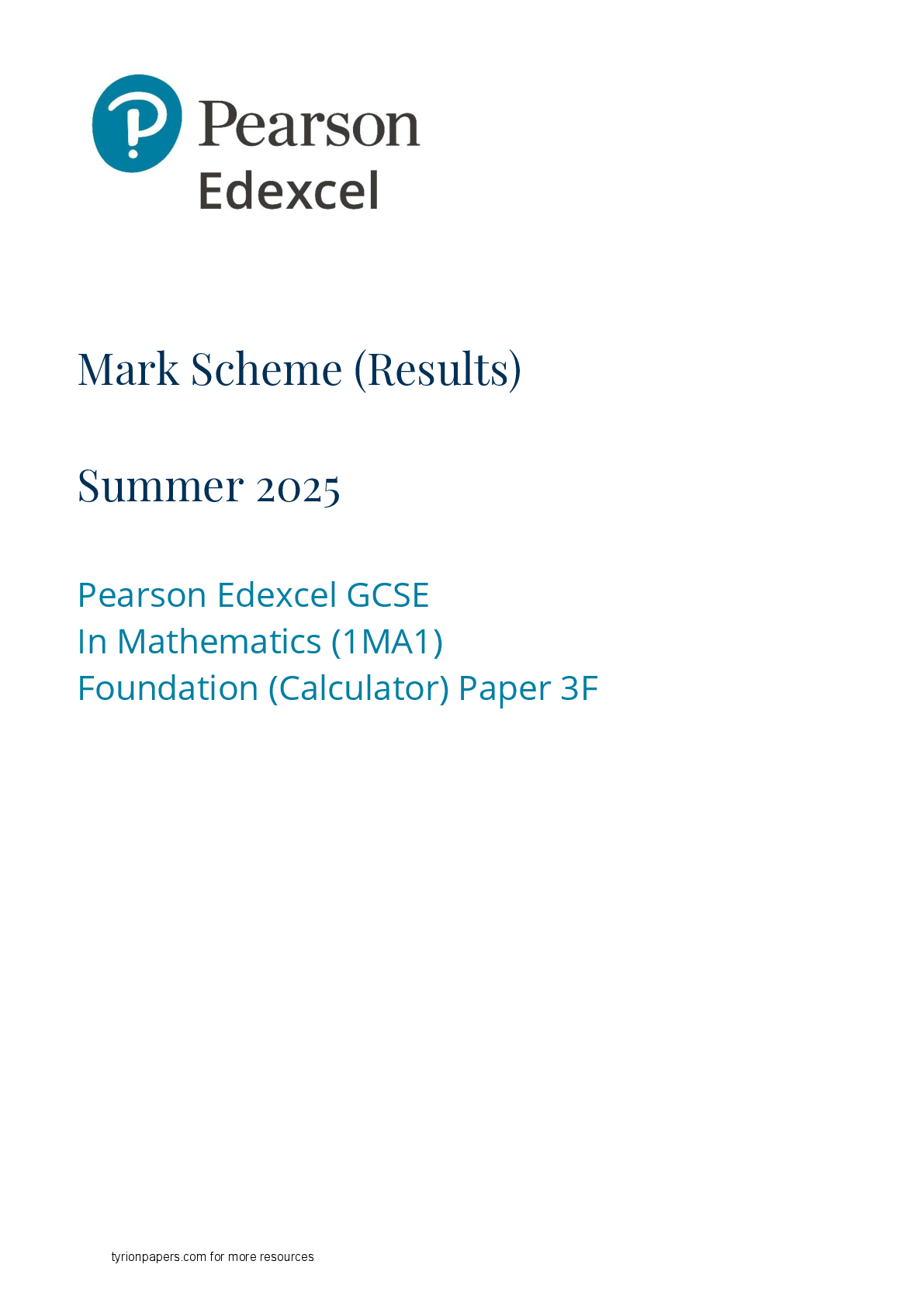
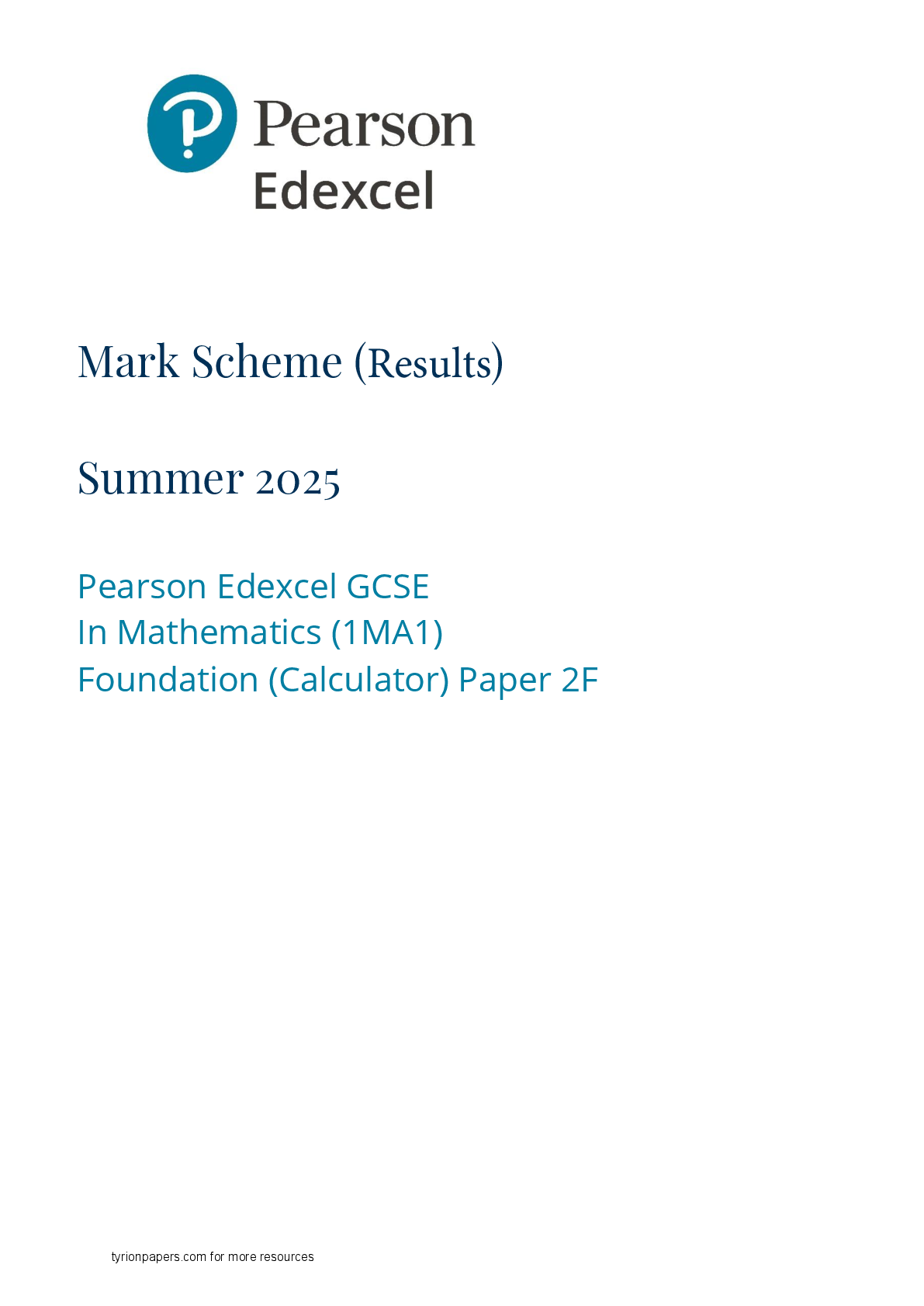

.png)
.png)
.png)
.png)
.png)

